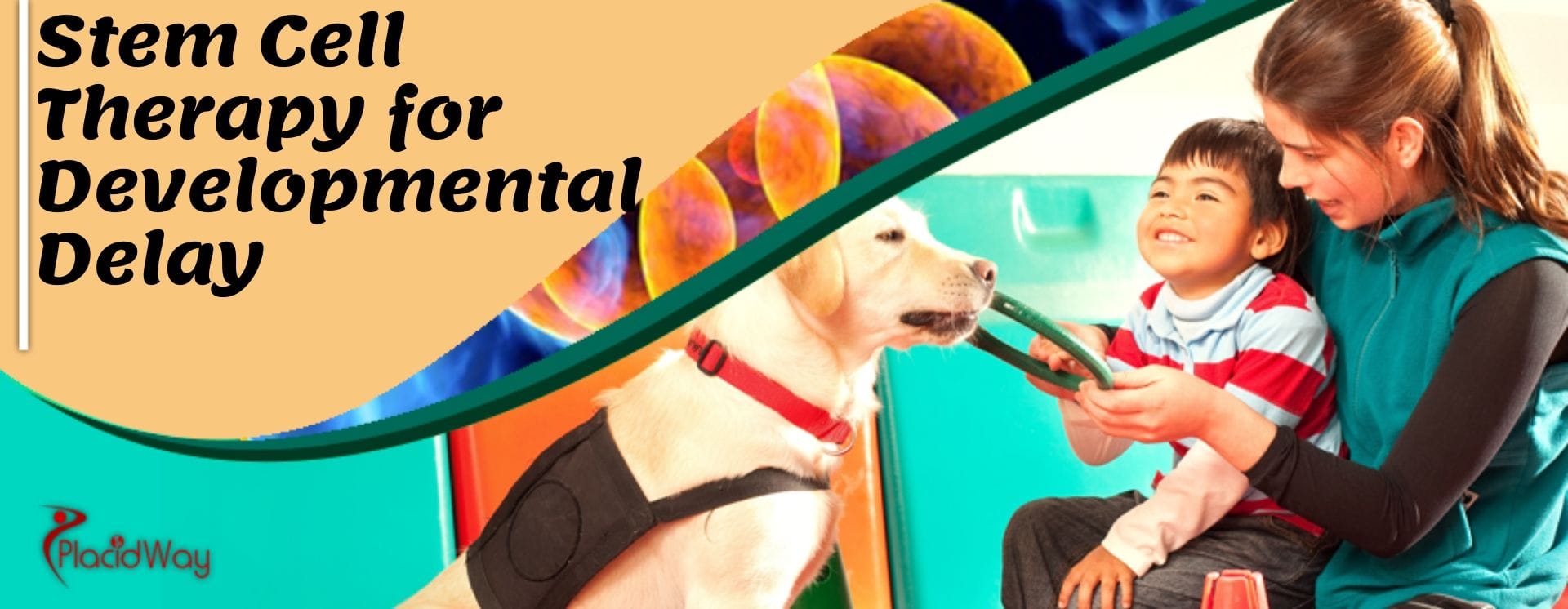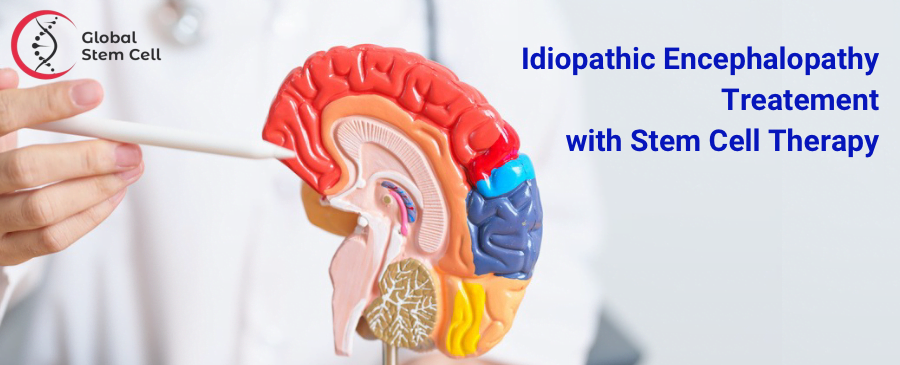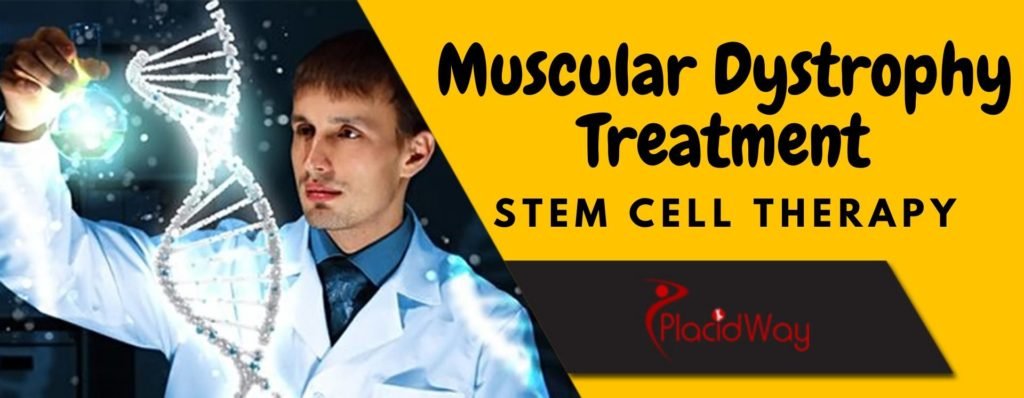Regenerative Medicine for Child Developmental Delay Disorder
Table of Content
Regenerative medicine is an emerging field of healthcare that looks to heal, repair, and restore the body through the use of its own resources. This type of medicine has been used in some cases to improve overall health or to treat chronic diseases, but it can also have a powerful impact on children with Developmental Delay Disorders (DDDs).
Research shows that regenerative therapies may even hold promise as an effective treatment strategy for helping these kids feel their best and reach developmental milestones. In this blog post we’ll explore the potential benefits of using regenerative medicine for children with DDDs, risks associated with treatments, and how parents and caregivers can decide if this approach is appropriate for them.
What is Developmental Delay Disorder?
When we raise a child we witness different stages of development like talking, sitting, walking, at the average age. Unfortunately, some children are not lucky and fail to meet certain developmental milestones. Such problems of delay in the normal development of a child are known as Developmental Delay. This is actually an indication of a problem in the central nervous system development. These children take their own time and catch standard milestones of development later than normal children.
Causes of Child Developmental Delay
Child developmental delay can be caused by a number of factors, including genetic disorders, medical conditions, and environmental factors.
Genetic Disorders: Some genetic disorders like Down syndrome or Fragile X Syndrome can cause delays in development. In these cases, the child’s genes have an abnormality that affects the way the body develops.
Medical Conditions: Certain medical conditions can cause delays in development. These include exposure to toxins during pregnancy, premature birth, infections such as meningitis or HIV, and certain metabolic disorders like phenylketonuria (PKU).
Environmental Factors: Poor nutrition, low birth weight, and environmental toxins can all contribute to child developmental delay. A lack of adequate health care, neglect or abuse, and a lack of stimulation can also be factors in some cases.
How Stem Cell Therapy Help in Developmental Delay Treatment?
With the rapid development of medical science, stem cell therapy has come up as one of the promising solutions for various health conditions. From different parts of the world, a large number of children have been benefited from stem cell therapy for developmental delay.
However, it is important to start stem cell treatment as early as possible, while the brain of the child is still developing. When stem cell results are combined with routine treatment, numerous improvements can be noticed such as:
- Eye contact improves
- Contact with the child becomes easier
- Cognitive improvements can be noticed
- Verbal skills can be improved, and their vocabulary is likely to be increased. Even if the child is non-verbal, most likely he/she will start to make sounds, produce syllables, and pronounce words
- Learning capacity improved
- Improved information processing, such as memory, including storage memorization and memorization, information processing and recall
- Self-confidence improves. The child feels less vulnerable, more protected and no negative emotions with exposure to the environment improved social adaptation.
- Improved self-care skills
- Immunity is boosted
The Benefits of Stem Cell Therapy for Developmental Delay
- No chemicals involved
- No side effects
- No risk of rejection
- No risk of cancer
- Minimally invasive procedure
- Follow-up care
FAQs about Stem Cell Treatment for Child Developmental Delay
Are there any risks associated with stem cell treatment for developmental delay?
Yes, there may be risks associated with stem cell treatment for developmental delay. Possible side effects of stem cell treatments include infection, nerve damage, and allergic reactions. It is important to discuss any potential risks with a healthcare provider before undergoing the treatment.
How much does stem cell treatment for developmental delay cost, and is it covered by insurance?
The cost of stem cell treatment for developmental delay varies, depending on the type and severity of the child’s condition. Stem cell treatments may be covered by insurance in some cases, but it is best to check with your provider to find out if coverage is available.
Additionally, there are financial assistance programs available for families who cannot afford the full cost of the treatment.
Are there any long-term side effects of stem cell treatments?
Most stem cell treatments have been studied in clinical trials and have not shown any major long-term side effects. However, it is important to discuss any potential risks with your healthcare provider before undergoing the treatment.
How can I find a qualified doctor to provide stem cell treatment for my child’s developmental delay?
The best way to find a qualified doctor is to talk to your healthcare provider and ask for referrals. Additionally, many hospitals and stem cell centers offer specialized stem cell treatments for developmental delay. It is important to research the qualifications of any potential doctor prior to making an appointment.
What should I expect after my child undergoes stem cell treatment for developmental delay?
The effects of stem cell treatment may vary depending on the type and severity of the child’s condition. Generally, patients can expect to see improved motor skills, cognition, behavior and physical abilities following stem cell treatments. It is important to speak with a healthcare provider to understand the potential benefits and risks associated with stem cell treatments.
For more details about Developmental Delay stem cell treatment, click below:







